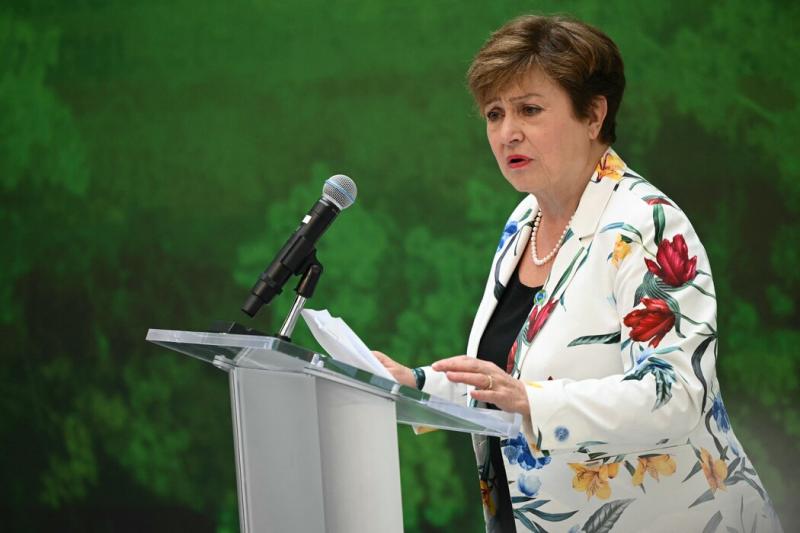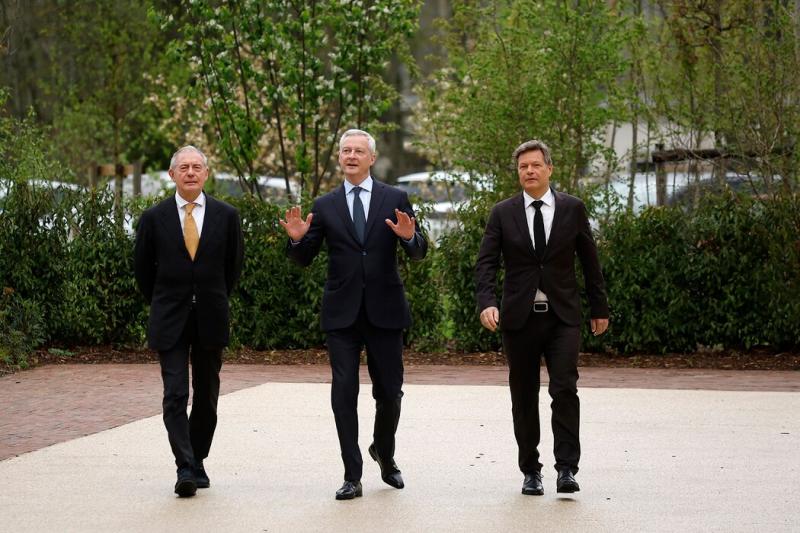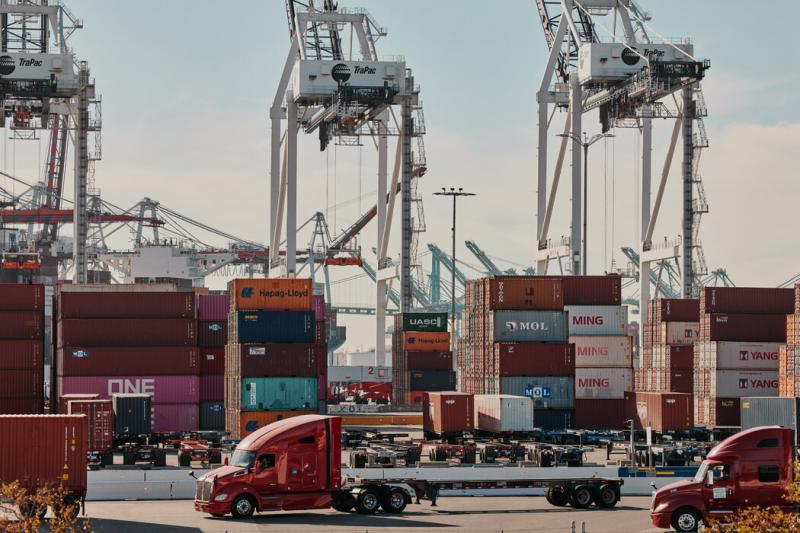
Last week, senior officials in France, Germany and Italy held a meeting in the outskirts of Paris, promising to adopt coordinated economic policies to fight against Washington and China to step up the practice of protecting their own enterprises.
These three European countries have added the ranks of enthusiastic support for industrial policies.Industrial policies are a general name for guiding economic measures, including targeted subsidies, tax incentives, supervision and trade restrictions.
A new study showed that more than 2,500 industrial policies were introduced last year, which was three times the same as 2019.Most of them are implemented by the richest and most developed economies -some of them have often criticized these practices.
This kind of measures are generally welcomed by countries in various countries, but this trend makes some international leaders and economists worry. They warn that top -down economic interventions may eventually slow down global economic growth.
The International Monetary Fund, which opened on Washington on Wednesday and the Economic event of the New Spring Conference of the World Bank, will definitely have a fierce debate about this topic.

"There are many different ways to move their own feet to smash their feet," said Ai Khan Kessel, deputy chief economist of the World Bank when talking about the trend of industrial policies in rich countries."This is one of them."
Cristarina Geurkiyeva, president of the International Monetary Fund, warned in his speech that unless there are special circumstances, the reason for government intervention is not sufficient.
Since the Industrial Revolution, whether the government should and to how much to control the country's economy has always been the focus of fierce debate.However, the current wave of policy has formed a fierce contrast with the typical open markets advocated by the capitalist camp in recent decades, and the ideology of non -interference in the government.
In recent years, a series of global impacts such as the collapse of the epidemic, the collapse of the supply chain, the soaring inflation and the surge in interest rates, the invasion of Russia's invasion of Ukraine, and the increasing intensive relationship between the United States and China have deeply shaken people's belief in the superiority of the free market policy.Essence
Governments in many countries, security, restoration, and self -sufficient, with their growth and efficiency, they have been pushed to the forefront of economic policy goals.
Over the years, the United States and Europe have been complaining about China's subsidies for private and state -owned enterprises. Now they have increasingly imitated this approach and launched industrial policies focusing on key technologies and climatic changes and a billions of dollars.
The United States passed two huge bills in 2022 to strengthen the domestic semiconductor industry and renewable energy industry.Europe passed its own green trading industry plan last year to accelerate energy transformation.Soon after, South Korea approved the K chip bill to support its semiconductor production.
"When I first started to be the Treasurer, the word" European Economic Policy "or 'European Industrial Policy", you can't say it at all, "French Finance Secretary Bruno Lermel last week at the end of the financial meeting endedLater expressed.
In recent years, positive evaluation of this method has increased.The team composed of Harvard University economist Danny Rodrick and others made a review and found that compared with the traditional "conscious opposition of economists", "the recent batch of papers generally proposed to industrial policy in generalI think more positive. "
Nobel Prize winner and Professor of Columbia University Joseph Stiglitz said that they should adopt industrial policies "without thinking".
But many economists such as the World Bank of Kosai still have skepticism. They believe that most industrial policies will eventually reduce the overall growth and make the situation worse, not better.
As a response to the latest wave of intervention, the International Monetary Fund has formulated a new set of analysis and guidance to specify when and how to implement industrial policies.
The International Monetary Fund said that if the practice is proper and used to solve the problem of special market failure, such as the danger brought by climate change, industrial policy can be beneficial.This means that it is necessary to clearly identify social benefits, such as restricting greenhouse gas emissions, widely sharing innovative results by transnational national, and avoiding discrimination of foreign companies.
However, the main part of the analysis is to discuss how easy the industrial policy is, such as improper or waste of funds, so that strong commercial interest groups have a great influence on government decision -making, or triggers a relative trade war.
One of the authors of the analysis report, Ella Dabra Noris said: "The prominentness of the current industrial policy is that it depends on high-cost subsidies." These measures often "with other types of foreign companiesDiscrimination measures are combined. "
She said that when protective measures distort global trade and investment flow, "the global economy will suffer losses."
Governments of various countries will interfere with the market for various reasons -prevent unemployment, stimulate investment in specific industries, or refuse geopolitical competitors.
A study based on the International Monetary Fund Organization showed that in the 2,500 intervention measures introduced last year, the most proportion of domestic industries accounted for, followed by climate change or strengthening the supply chain, taking national security as the motivation as the motivation as the motivation as the motivation as the motivation as the motivation.The proportion of measures is the least.
Data also shows that when one country implements subsidies, within one year, the possibility of similar subsidies to the same product in the same product is about 75%.

As people further worry that Europe cannot compete with the United States and China, the European Union seems to be determined to cooperate more in economic intervention measures, although the member states do not necessarily take an agreement on which intervention measures.
France has proposed the most radical measures, which includes the use of half of public expenditures in industrial policies to purchase products and services made in Europe, while Germany has more doubts about "buying European goods".
But all parties support increased funds, reduce tedious supervision, and promote the establishment of a single market for investment and savings.
In February this year, the European Parliament agreed to improve Europe's green industrial capacity.In March of this year, through relevant regulations, the agency ensured the supply of basic raw materials and supported local production.The member states also proposed a joint defense industry strategy for the first time.
Before the EU leaders met a new five -year strategic plan this year, the economic ministers in France, Germany and Italy had gathered together to formulate policies to stimulate green and digital technology.
Now, the word "the word" industrial policy "is no longer taboo," said French Minister of Finance Lemel. "Europe needs to show its teeth, indicating that it is determined to defend its own industry."




